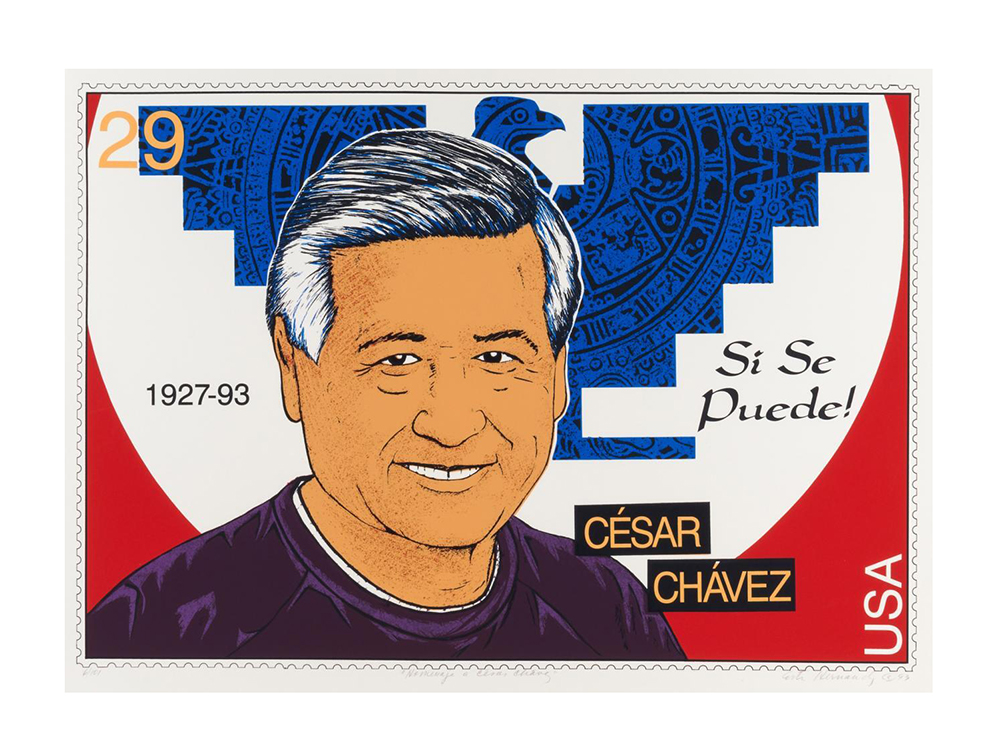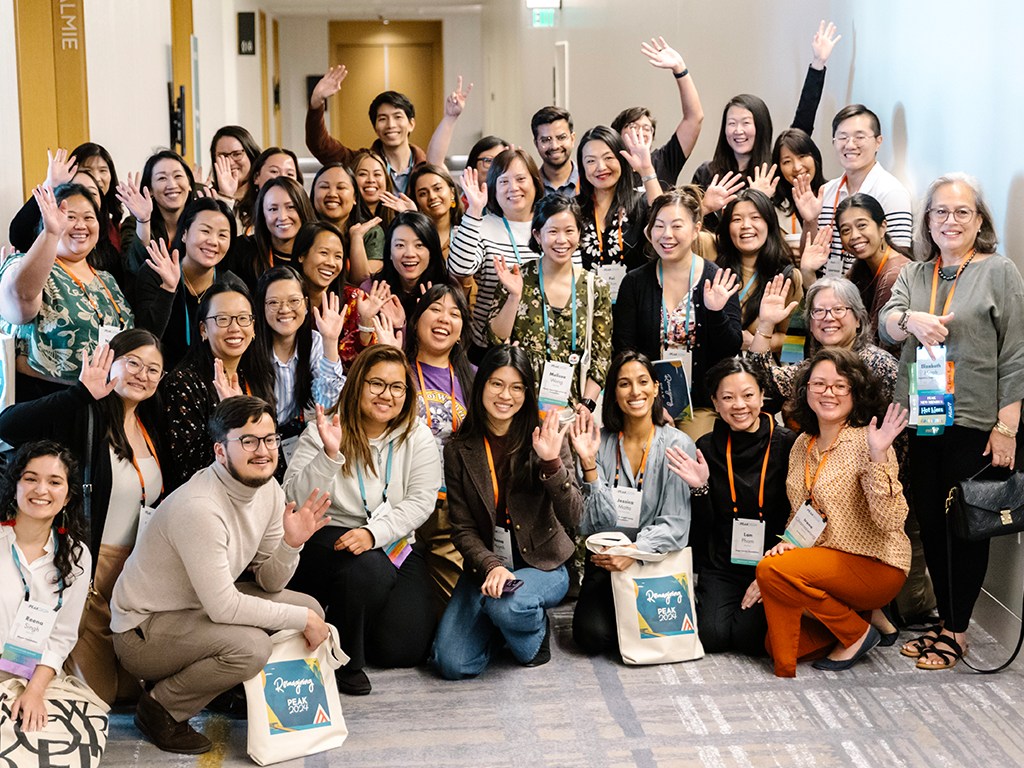
How we recognize holidays at work impacts our culture and employee experience. More than just a day off, these are days that celebrate the facets of our identity that are most central to our being. And in recent years, our country has made notable strides in expanding who or what we, as a nation, should honor. During his administration alone, Joe Biden became the first US president to formally recognize Indigenous Peoples’ Day in lieu of Columbus Day (even though the latter is still formally on the books), and in 2021, he officially made Juneteenth a federal holiday.
It’s a reminder that when we recognize the diversity that surrounds us, we help create a culture of belonging and inclusion. In bringing more nuance to our sense of national identity, we are called to understand and contemplate our intersectionality—the many social identities we each have that create varying degrees of advantage and disadvantage. In the workplace alone, honoring these days is a crucial step in creating an inclusive workplace.
Since 2021, PEAK has been working on embedding the Principles for Peak Grantmaking into our internal work culture to create shifts in our practices, policies and culture work—baby steps to drive change in the different spaces that make up PEAK. One of the components of our internal work to center on equity led to adding César Chávez Day in 2023 to our time-off schedule. But this day means more than just a day off. It’s about acknowledging social justice in action.
Encouraged by victories of the Black civil rights movement, labor organizer César Estrada Chávez began in the early 1960s to protest the unfair treatment of agricultural workers in California and the Southwest. In 1962, he and fellow activist and union organizer Dolores Huerta founded the National Farm Workers Association (NFWA) and used nonviolent protest methods–such as marches, boycotts, and fasting–to fight for better working conditions. In 1966, the NFWA joined forces with the Filipino Agricultural Farm Workers Organizing Committee to form the United Farm Workers of America (UFWA). Between 1966 and 1970, this group formed partnerships across the religious, political, and social activism sectors, organized field worker strikes, and mounted a successful international consumer boycott of table grapes. As a result, the UFWA was able to negotiate labor contracts that netted farm workers better wages and living conditions.
Chávez continued to organize protests into the 1970s and 80s to secure additional rights for workers, including the passage of the California Agricultural Labor Relations Act of 1975. This was the first piece of legislation of its kind in the United States that established the right to collective bargaining for California’s farmworkers.
I am the granddaughter of a migrant agricultural worker who worked the fields in California, Tennessee, and Texas. I grew up with stories of my grandfather who traveled between states to find jobs that paid well. He had long hours, it wasn’t always safe, and labor laws were not in his favor. And because he wasn’t covered by minimum wage laws, my grandfather made .35 cents an hour and had no unemployment insurance.
So personally, I am excited that PEAK has decided to take a sacred pause on César Chávez Day to reflect on his enduring contributions to civil rights and social justice. While not yet a federal holiday, it’s a state holiday in my home state of California. The bill to commemorate Chávez was signed into law by then-Governor Gray Davis (D) on August 18, 2000, marking the first time that a labor leader or Latino has been honored with a public legal holiday. The holiday is celebrated in California on Chávez’s birthday, March 31st. Currently, it is either an optional holiday or commemorative day in nine other states: Arizona, Colorado, Illinois, Michigan, New Mexico, Texas, Utah, Wisconsin, and Rhode Island.
At PEAK, we strive to learn, share and evolve by being more mindful, respectful and inclusive of the beautiful tapestry of identities we bring to our workplace. When we observe César Chávez Day, we honor his legacy of labor activity and social justice, and remember how he made sure that the voices of agricultural workers were heard around the world. Just as he moved communities from awareness to action, we aim to do the same for the field of philanthropy.



